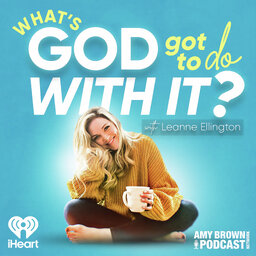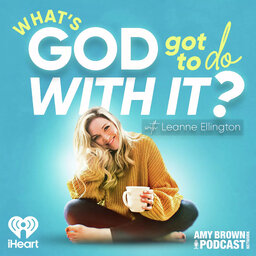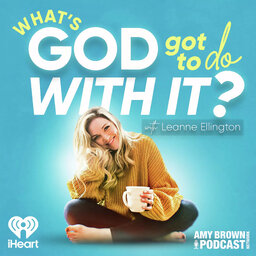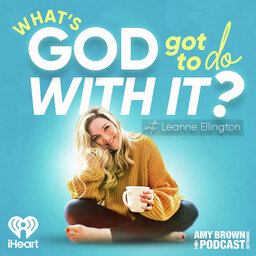The Voice of the Heart & Using Emotions as Your Guides: A Conversation with Chip Dodd
Leanne sits down with Chip Dodd, the bestselling author of The Voice of the Heart and many other impactful books. With over 30 years of experience in recovery and redemption work, Chip brings a wealth of wisdom to the table as they dive into what it really means to listen to the ‘voice of the heart.’ They talk about the moments that sparked his belief in the power of emotions and how embracing our feelings can transform the way we connect—with ourselves, others, and God.
They also unpack the eight core emotions from The Voice of The Heart, and why they’re so crucial to understanding who we are. If you’ve ever been taught to suppress emotions like anger or fear, Chip offers a fresh perspective on why these emotions are not only okay but necessary for authentic living. And if you’re someone who feels overwhelmed by grief or loneliness, don’t worry—you'll hear practical advice on how to navigate those feelings without getting stuck. This conversation is packed with insights that will inspire you to see your emotions as guides, not barriers, on your path to a richer, more connected life.
You can order your copy of Chip's book The Voice of the Heart: A Call To Full Living by clicking HERE
Listen to the Living With Heart Podcast HERE!
Chip's Website: Chipdodd.com
HOST: Leanne Ellington // StresslessEating.com // @leanneellington
To learn more about Leanne, head over to www.LeanneEllington.com, and to share your thoughts, questions, feedback, or guest suggestions instantly, head on over to www.WhatsGodGotToDoWithIt.com.
 What's God Got To Do With It? With Leanne Ellington
What's God Got To Do With It? With Leanne Ellington


